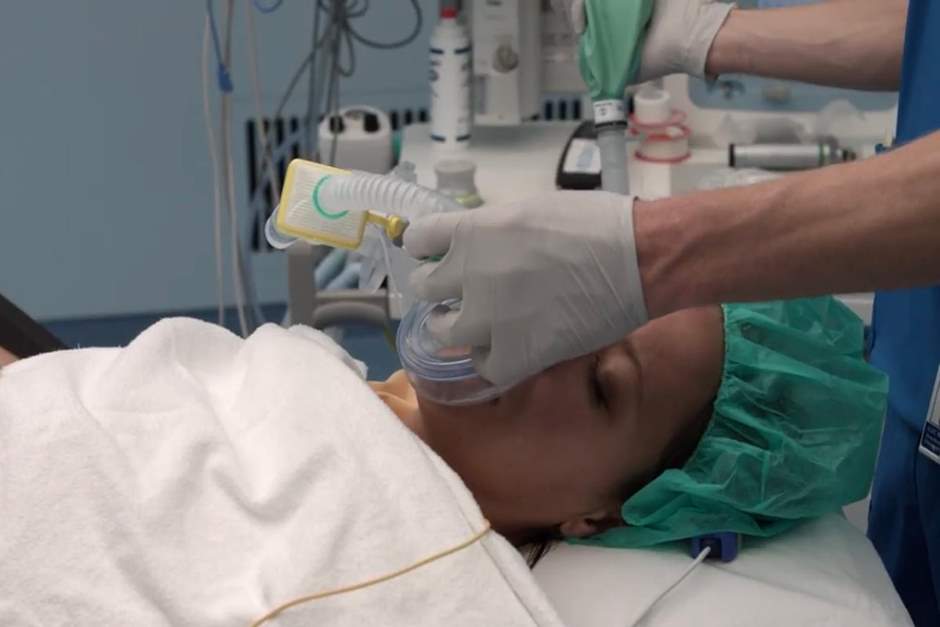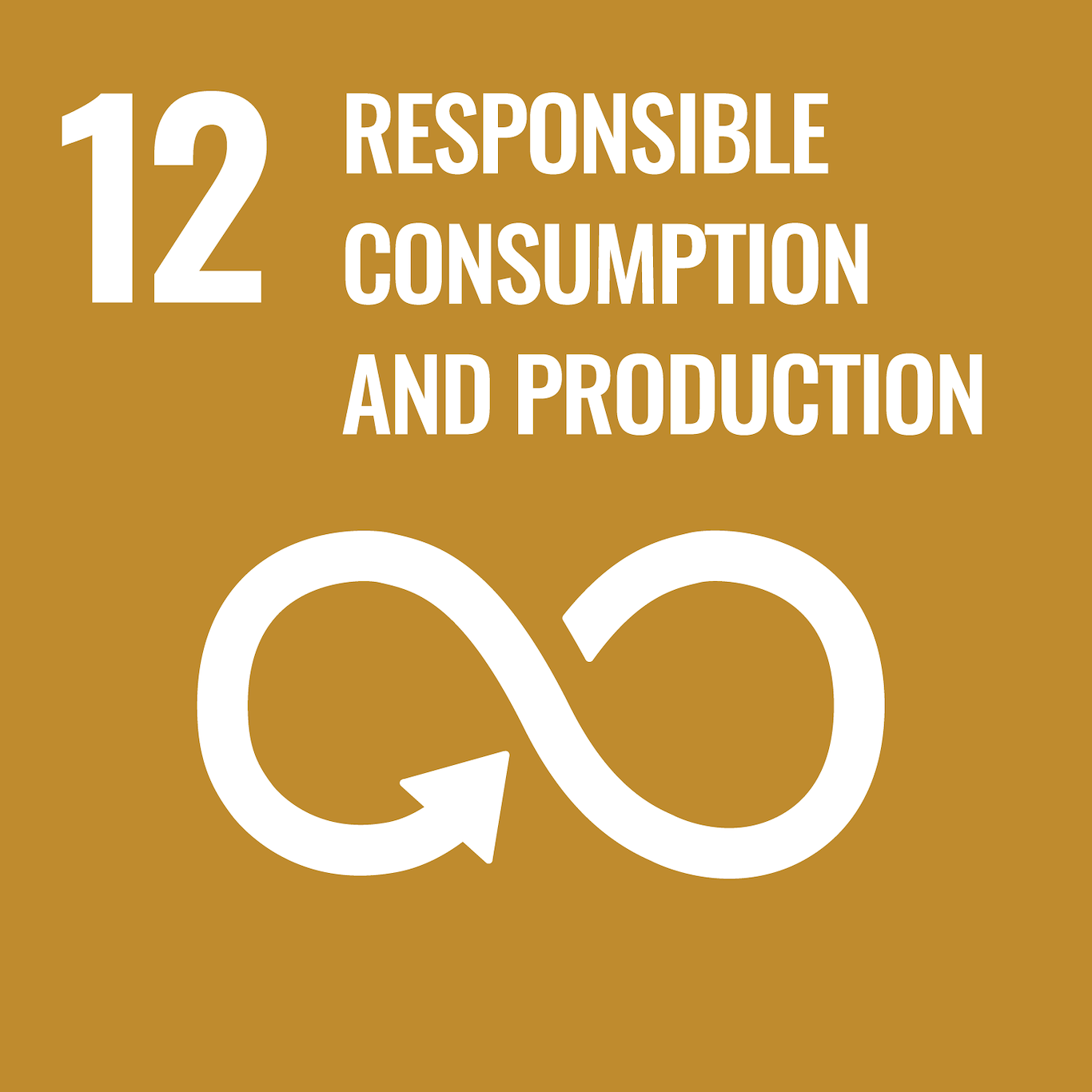Circular healthcare
In line with the Green Deal for Sustainable Healthcare 3.0 , we are focusing on the circular and sparing use of (raw) materials. We have committed ourselves to a 50% reduction in the use of primary raw materials by 2030 compared to 2016, with the aim of offering a maximal amount of circular healthcare by 2050.

Reduce waste and optimize recycling
We are aiming for 46% residue waste in 2023 and 25% in 2030. In 2023 we reached 45% residue waste and 44% recycling. In 2023 we reduced the volume of specific hospital waste (SHW) by 40% by introducing circularity for infectious SHW , such as needles and bandages. SHW is ground and used as a replacement for sawdust in the cement industry. We also started with the sorted collection of incontinence material for recycling and have chosen a new waste processor for better recycling. We also want to prevent food wastage and are striving towards a healthy, sustainable nutritional offer. For example, we introduced 'no-waste’ meals to promote more sustainability. Thanks to our actions, we have already reached the targets for the prevention of food wastage in the Green Deal for Sustainable Healthcare.
Sustainable procurement
UMC Utrecht applies Socially Responsible Procurement and Circular Procurement, also referred to as sustainable procurement. Besides the price of products or services, UMC Utrecht also looks at the impacts of procurement on the environment as well as social aspects. Where possible, we opt for products that are made out of sustainable, renewable, or secondary raw materials. And for products that can be repaired, reused, or recycled.
